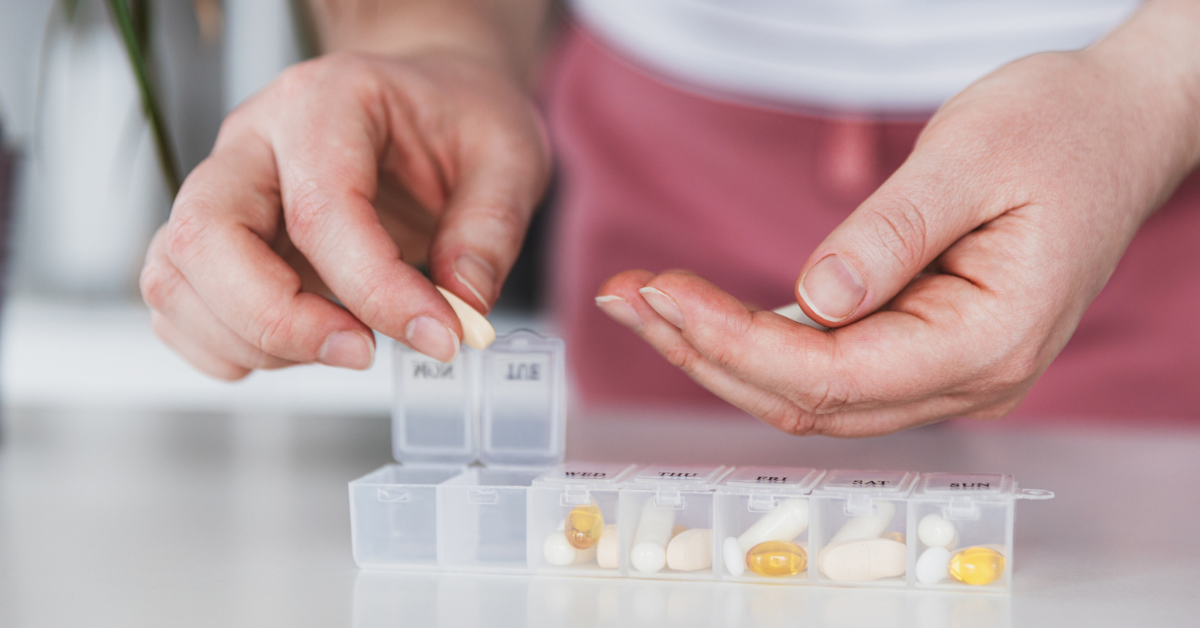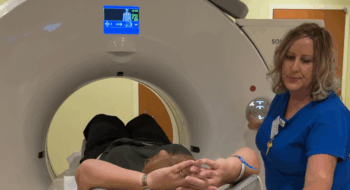When you have pain or are sick, you may often reach for an over-the-counter treatment. However, some of those medications can pose a risk to your liver if used incorrectly.
Drug-induced liver injury, or DILI, is a rare but potentially life-threatening condition. It occurs when the liver is overwhelmed by high levels of certain substances, including common medications like acetaminophen, as well as some herbal and dietary supplements.
While the cases of DILI are low, the numbers are rising, according to researchers. Some who use pharmaceuticals such as acetaminophen may have the incorrect notion that if a little works well, a lot will work better.
“People think, ‘They sell it over the counter, it must be safe,’” says Dr. Michael Remines, a family and internal medicine physician at Tidelands Health Family Medicine at The Market Common. “It usually is safe for most people – as long as you follow the directions and don’t exceed the recommended dose.”
It’s important to follow the instructions as directed and to speak to your doctor about any supplements you are taking or plan to take. While medications are tested and certified by the U.S. Food and Drug Administration, herbal and dietary supplements are largely unregulated.
“The best advice would be to tell your primary care provider which medications and supplements you’re taking, and if there’s any blood work that needs to be checked,” Dr. Remines says.
How the liver gets overloaded
The liver plays a vital role in filtering toxins from the blood. When it’s exposed to excessive or harmful substances, its ability to function can be compromised.
“Sometimes, the medications might affect the actual functional cells of the liver or the biliary ducts,” Dr. Remines says.
While a healthy liver can regenerate parts of itself, a damaged liver can’t do that. Left to run its course, DILI ultimately can lead to the need for a liver transplant or be fatal.
“That’s why when patients take medicines, we bring them in regularly to check their labs, which will show whether the body is responding appropriately,” Dr. Remines says.
Signs of DILI
It can be difficult to detect drug-induced liver damage. Common signs include:
- Loss of appetite
- Nausea and vomiting
- Dark urine
- Pale or white stool
Because these symptoms can be associated with other issues, diagnosing DILI often involves ruling out other potential causes with the help of your health care provider.

Dr. Michael Remines
Family and internal medicine physician at Tidelands Health Family Medicine at The Market Common
Bio
Tidelands Health family and internal medicine physician Dr. Michael Remines offers care at Tidelands Health Family Medicine at The Market Common.
Learn MoreMedical Education
Education
West Virginia School of Osteopathic Medicine
Residency
University of Tennessee Medical Clinic
Meet the Expert
Dr. Michael Remines
Tidelands Health family and internal medicine physician Dr. Michael Remines offers care at Tidelands Health Family Medicine at The Market Common.




